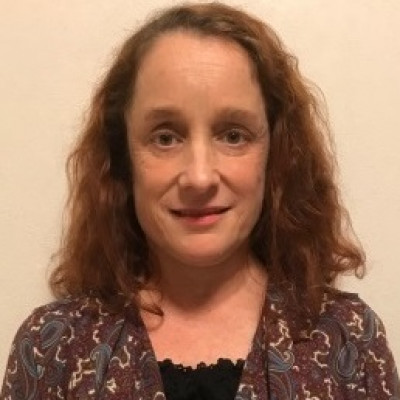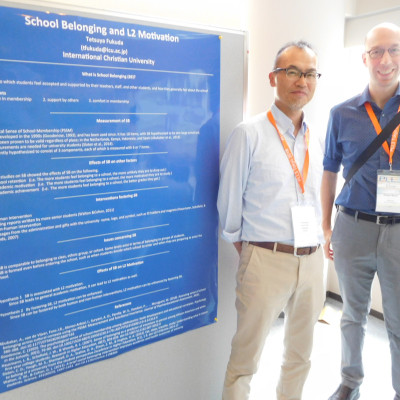Sessions / Location Name: Zoom BR4
Virtual Location
Virtual: You cannot enter virtually via this page. Click on the titles of individual presentations or go to the Live Page
Self-efficacy and Attribution for Speaking in Japanese Universities #1757
This presentation analyzes potential correlations between self-efficacy and causal attributions for speaking in a public Japanese university. The study was conducted with first and second year students and sought to analyze their capability beliefs before taking a speaking test, and attributions for perceived success or failure after receiving the result.
EFL teachers’ experiences with neurodiverse students and self-efficacy for inclusive practice in Japanese universities #1759
This presentation is based on a narrative research study that explored English teachers’ experiences with neurodiverse students (those with dyslexia, ADHD, and autism) and their reported levels of self-efficacy for inclusive practice. Findings indicated that teachers lack both training and self-efficacy. The presentation concludes with evidence-based advice for improving practice.
Neurodivergent learner’s professional development through EFL: An autoethnography #1760
This paper presents holistic issues of neurodivergent EFL learners’ growth with autoethnographic methods from the neurodivergent author's EFL experiences. He pursued a master’s degree using English in Japan and is now working in an international environment. This presentation reveals environmental and motivational factors involved in the students' professional development.
Mastery Experiences at the Appropriate Level #1750
Is my class too hard? Is it challenging enough for students? These are questions that may better be answered by a student’s self-efficacy rather than English proficiency alone. This idea is explored through student perceptions of an English communication class as a Mastery Experience.
Learner Perspectives in an Online Self-Access Lounge #1742
Zoom Chat with Teachers (ZCT) is a self-access conversation lounge which offers an opportunity for informal communication and English practice outside the classroom. This presentation analyzes the program focusing mainly on the students’ perspective, suggesting ways to implement or improve such online programs even after the pandemic has passed.
Producing A Podcast During The Pandemic #1744
Starting a podcast has made it possible for students to communicate with people around the world. We will demonstrate why podcasting is a great way for students to practice and use English in a fun and authentic way. Come and learn how you can start something similar at your school.
Report of Students’ Studies on Online Classes #1747
In a writing course of the English program at a Japanese university, four students conducted surveys to investigate how university students perceived online classes. The students wrote a 2000-word paper reporting their research. Their results indicated that not all the students preferred to take face-to-face classes.
Implementing Fluency Activities in the English Classroom: Verbal Classrooms #1769
This presentation will showcase an approach called Verbal Classrooms, which develops fluency via drills that take participants from the most basic aspects of speaking English (as opposed to studying it) through to the point of being able to engage in unrehearsed conversation. It is informed by Skills Acquisition Theory.









